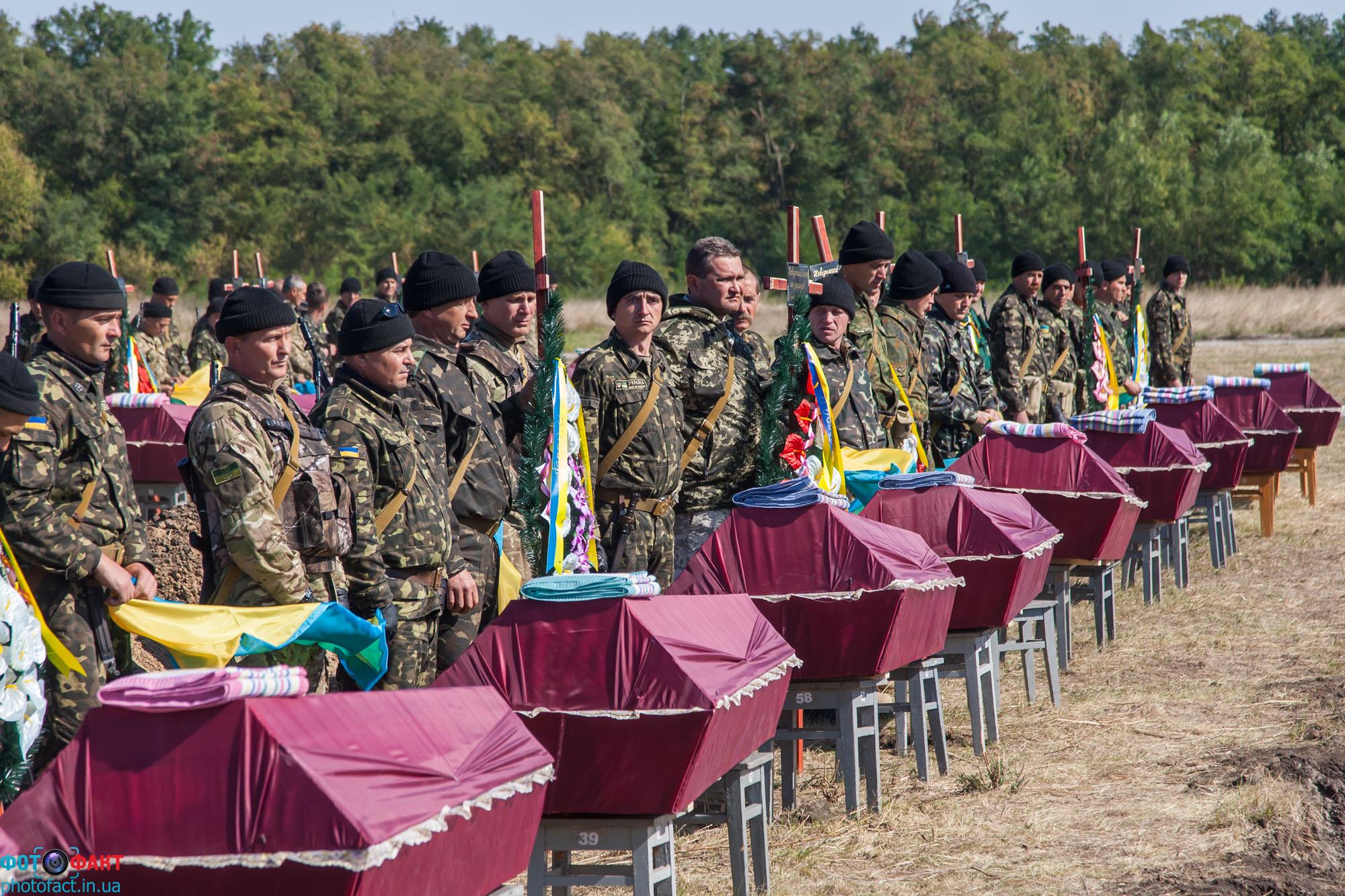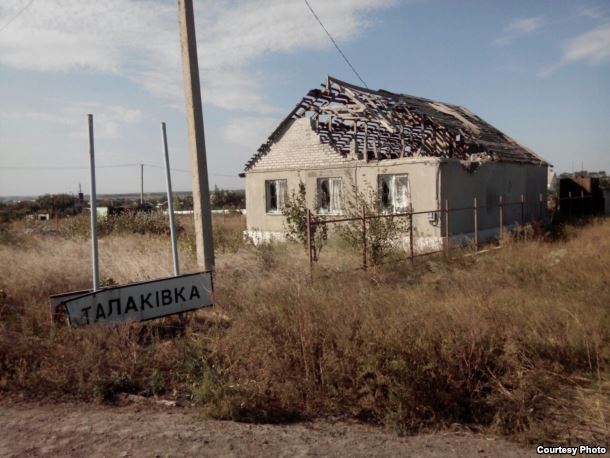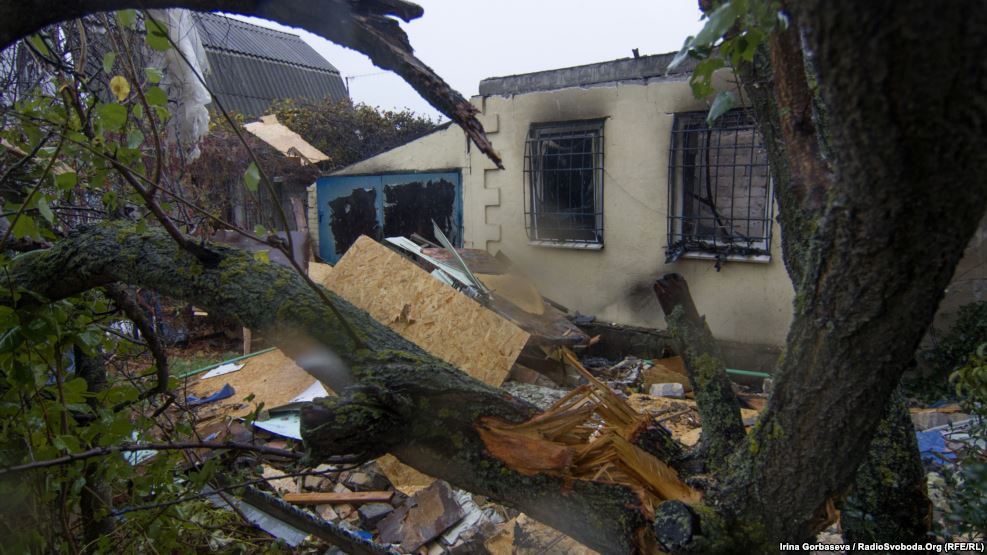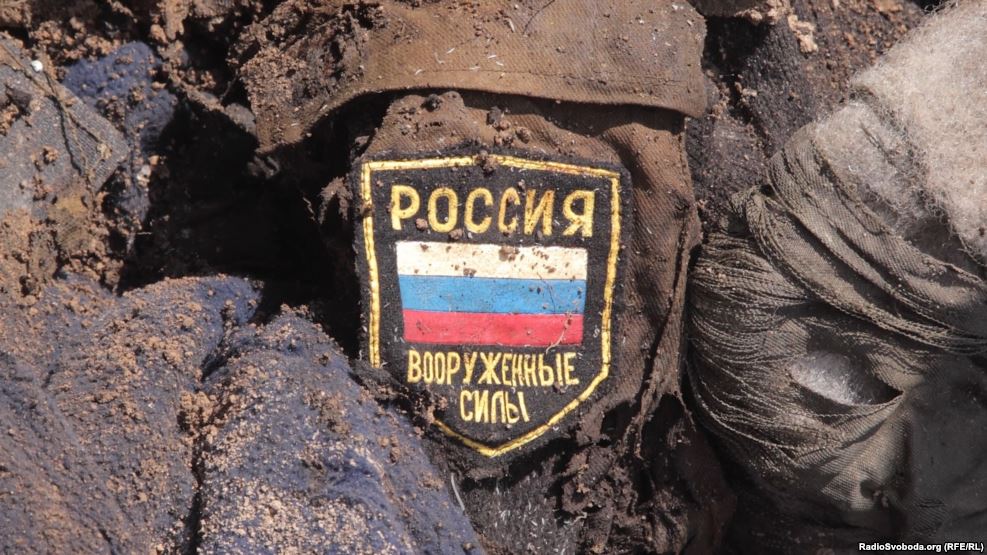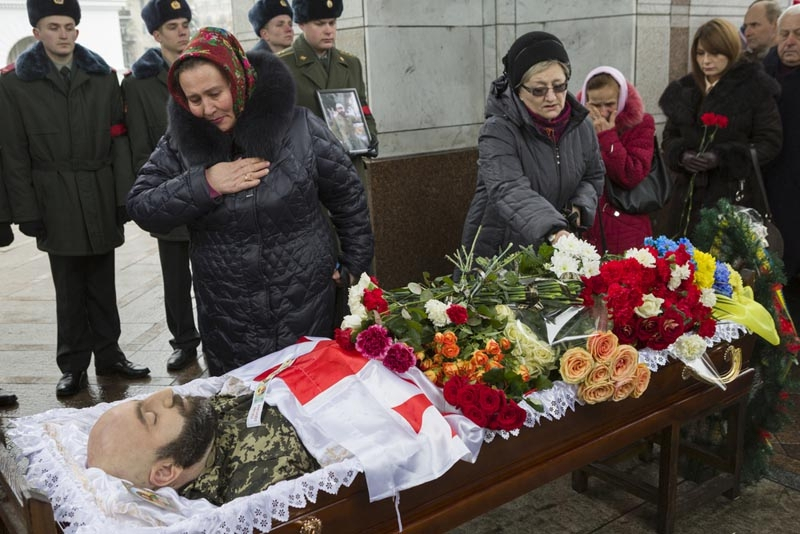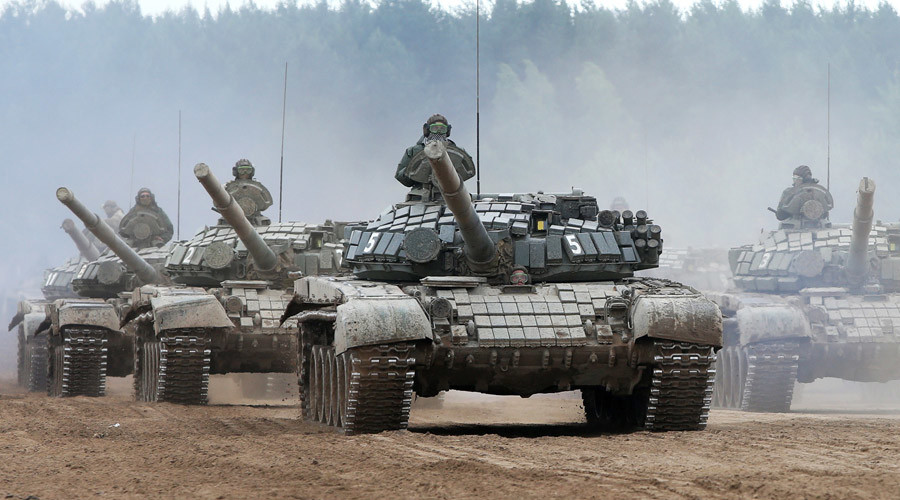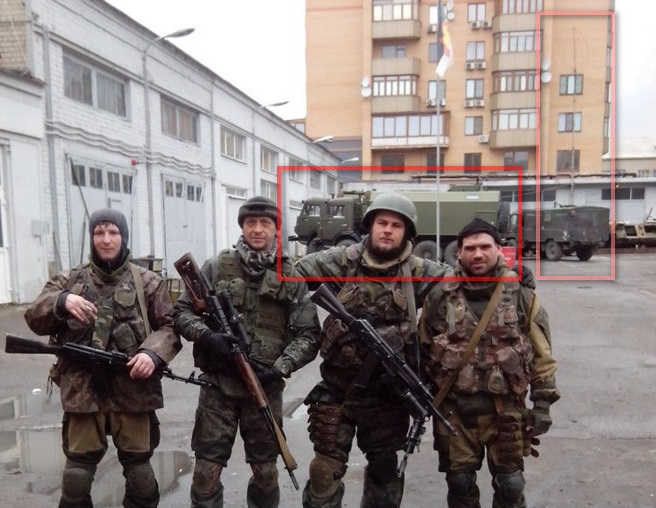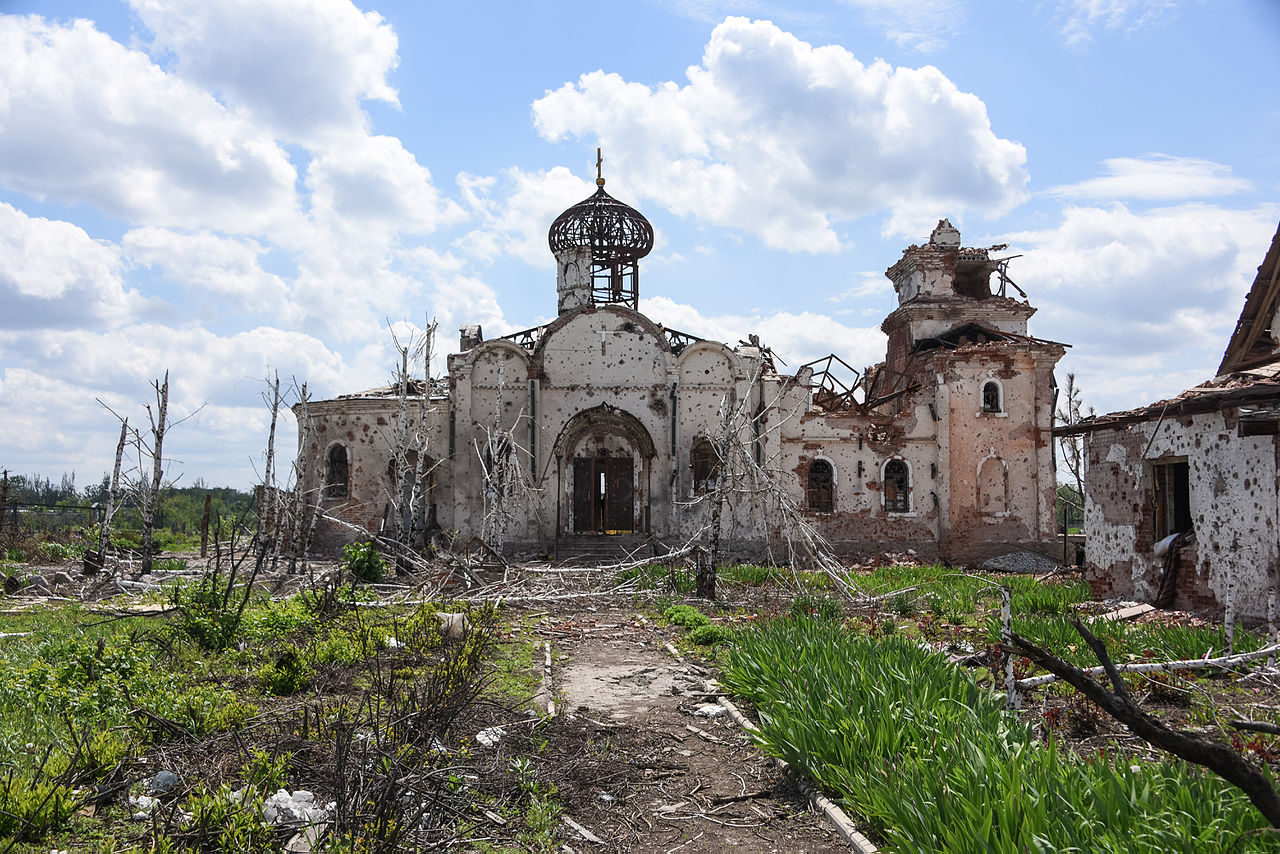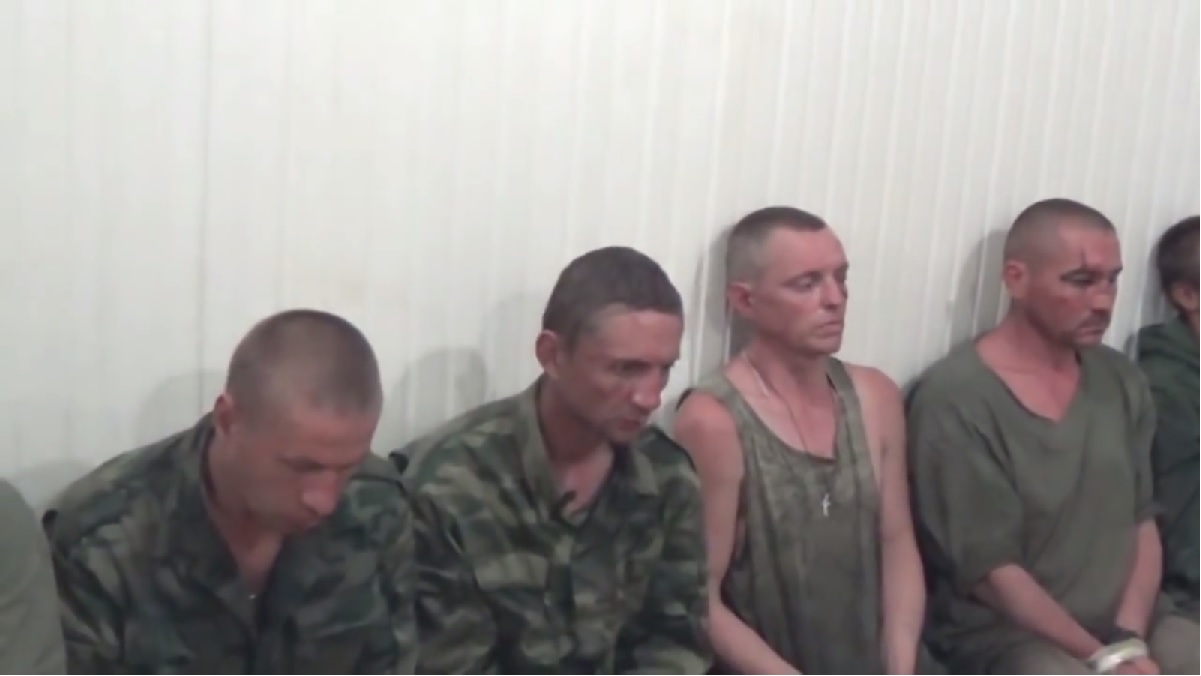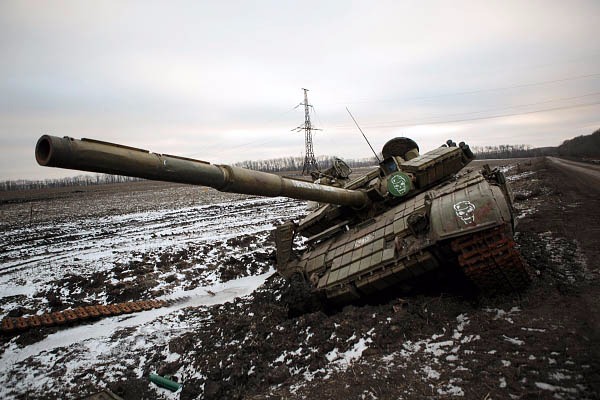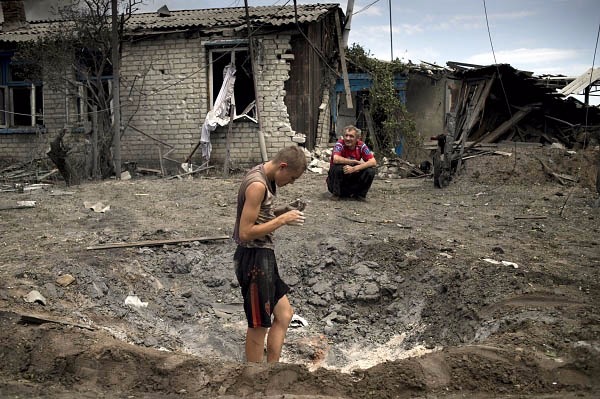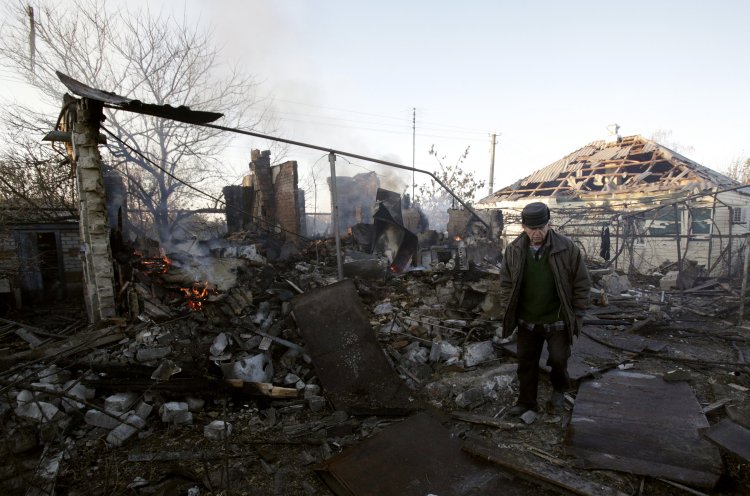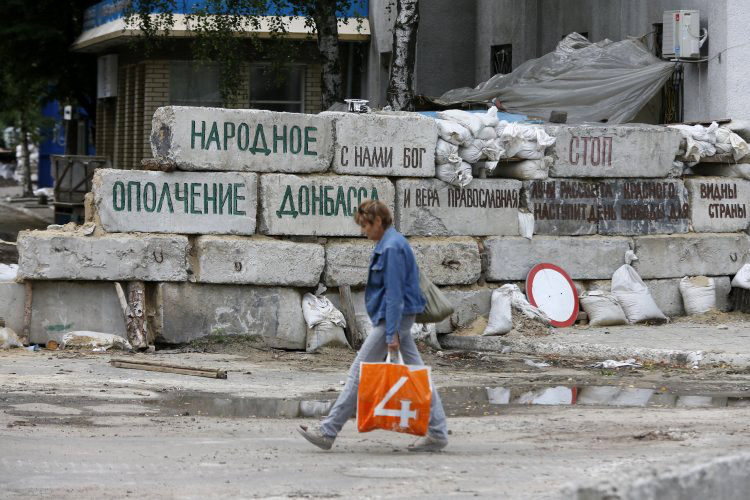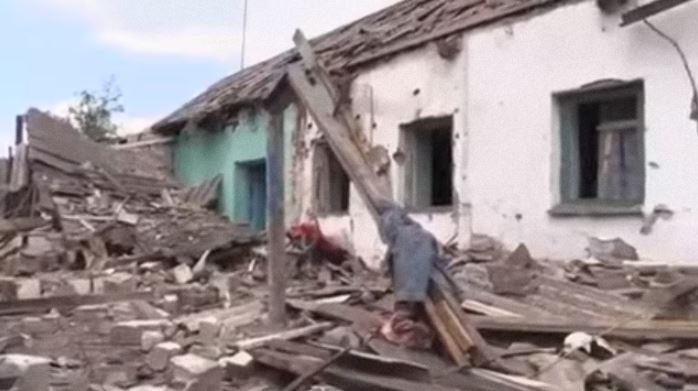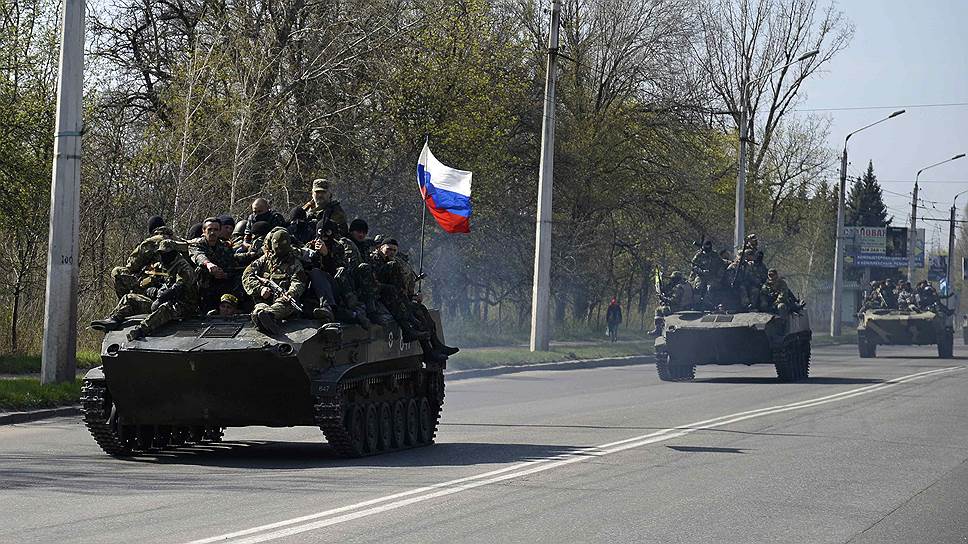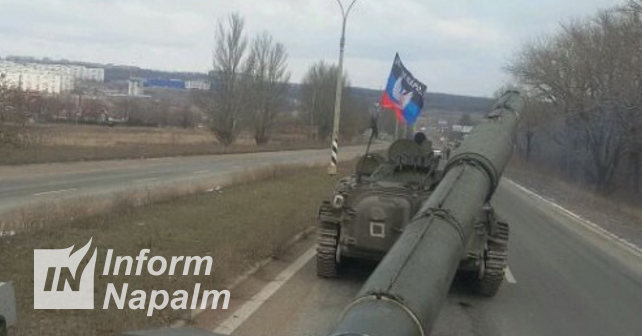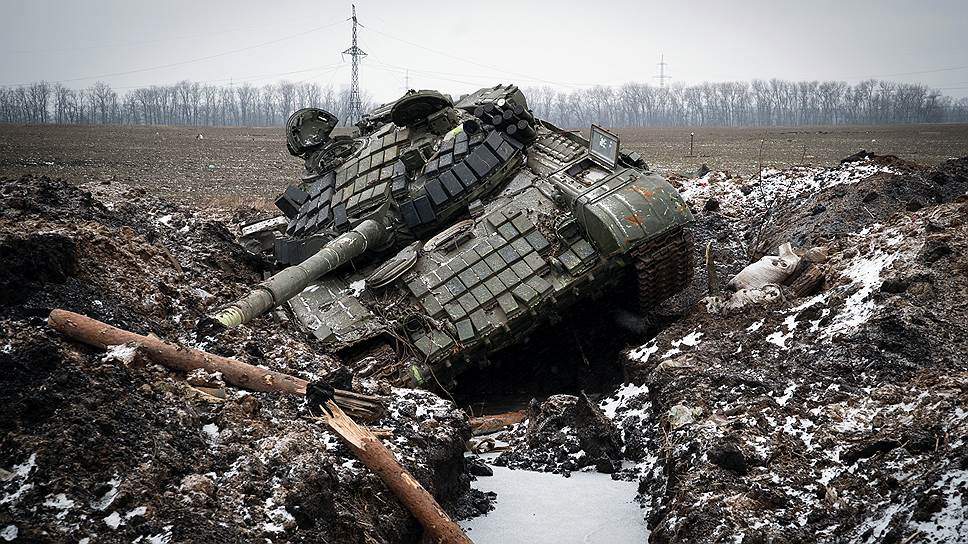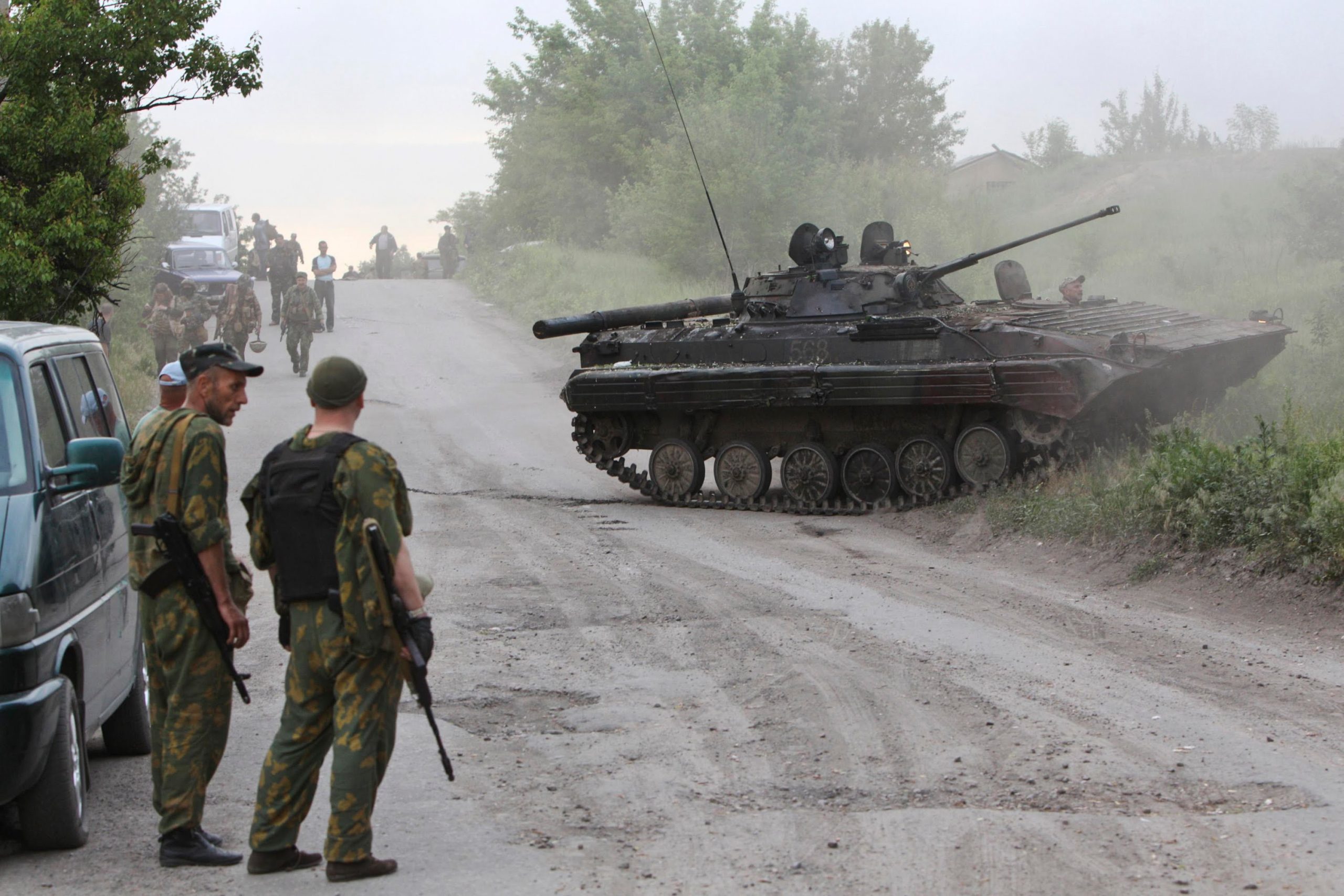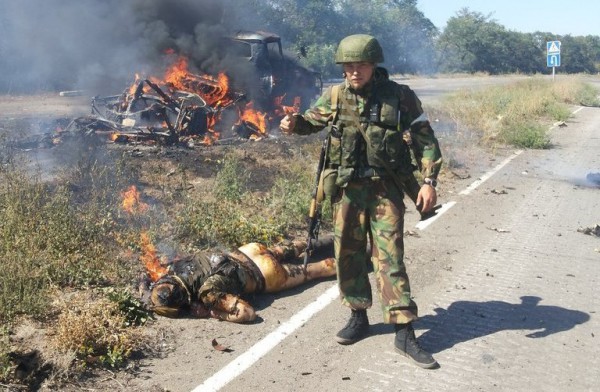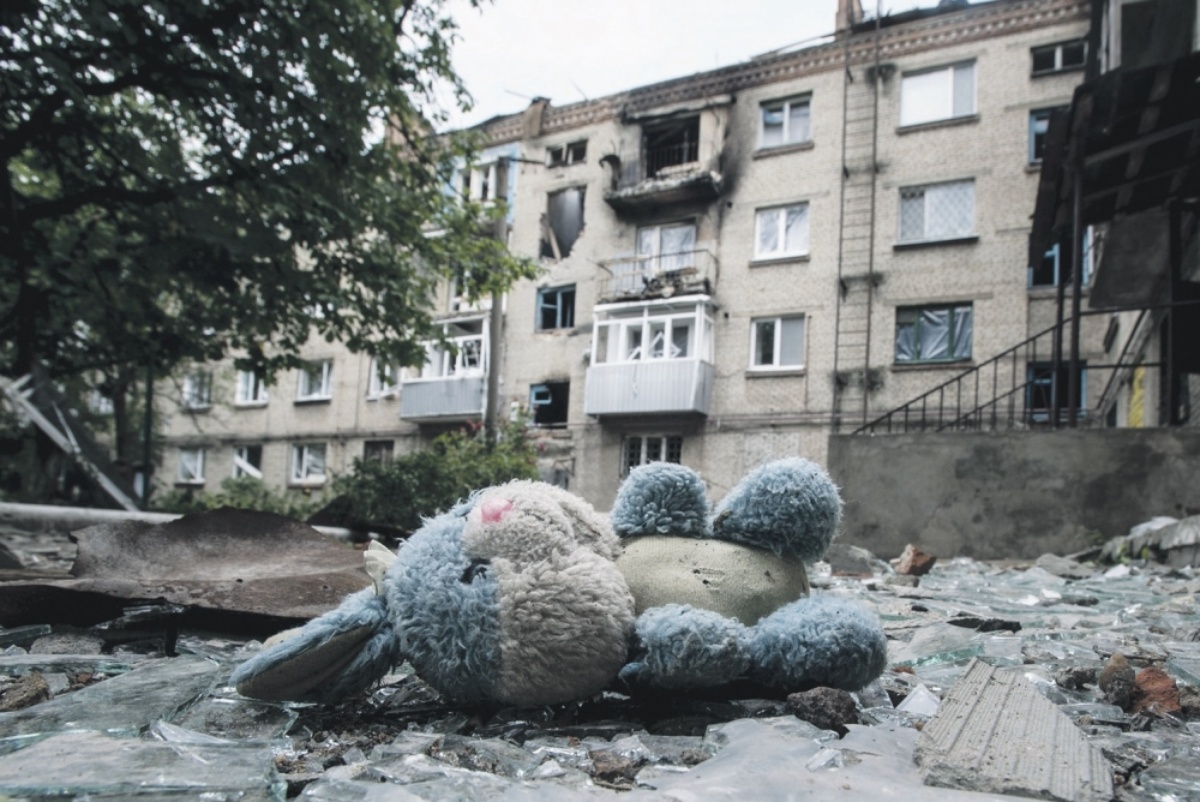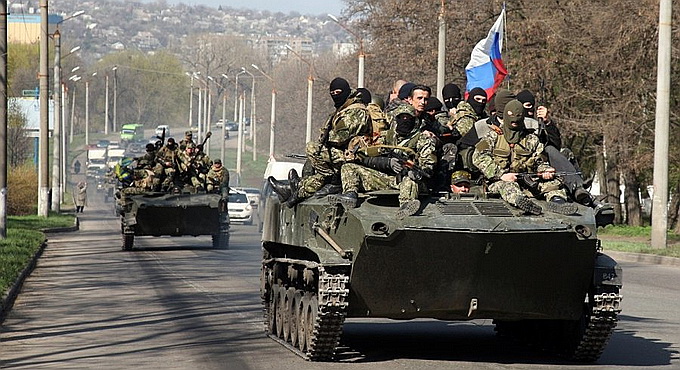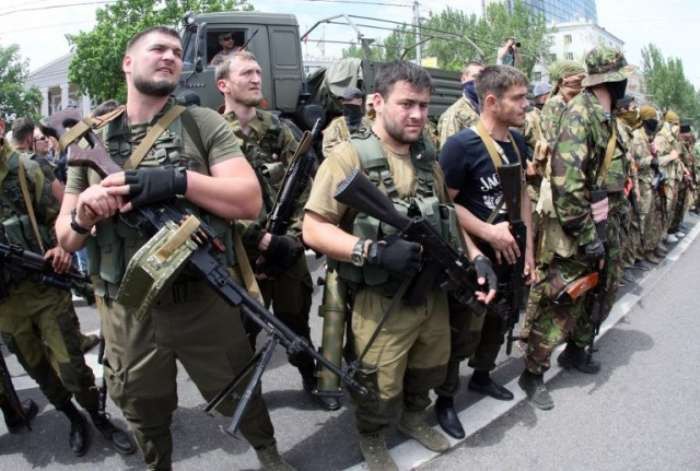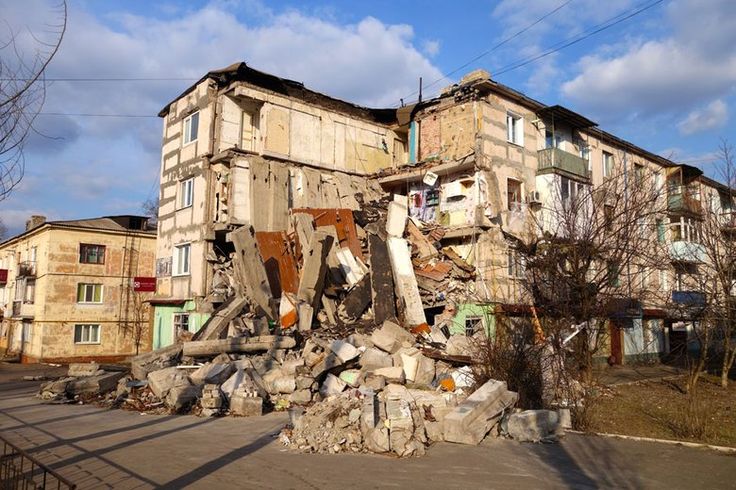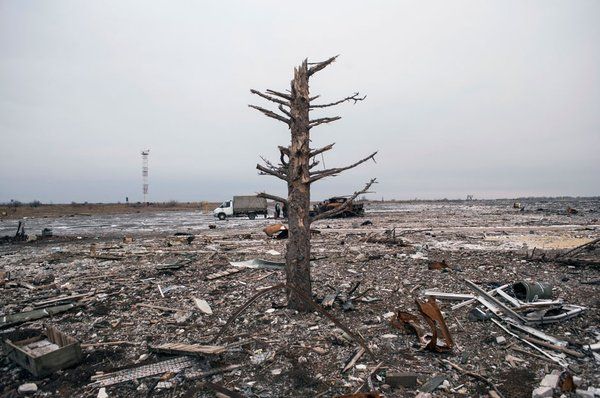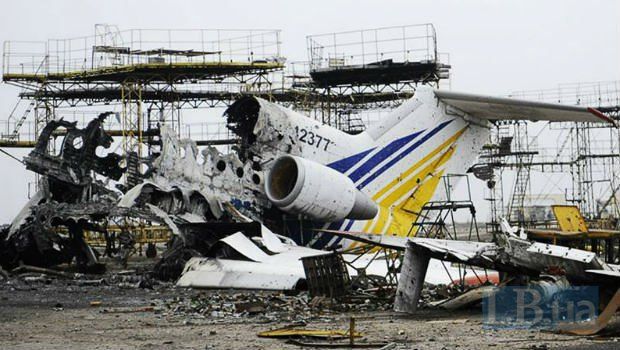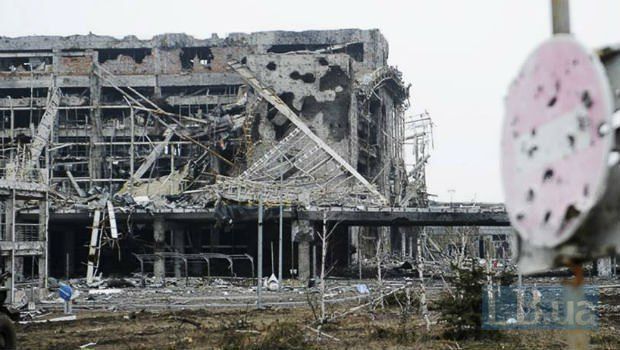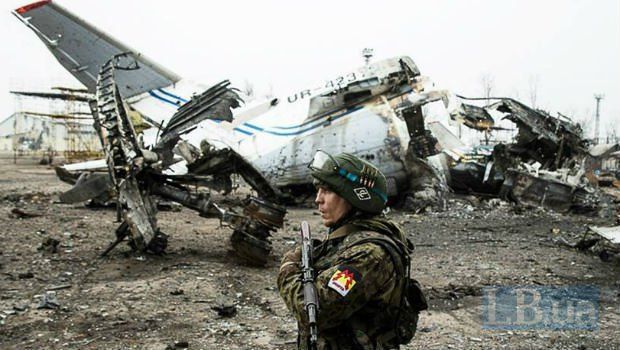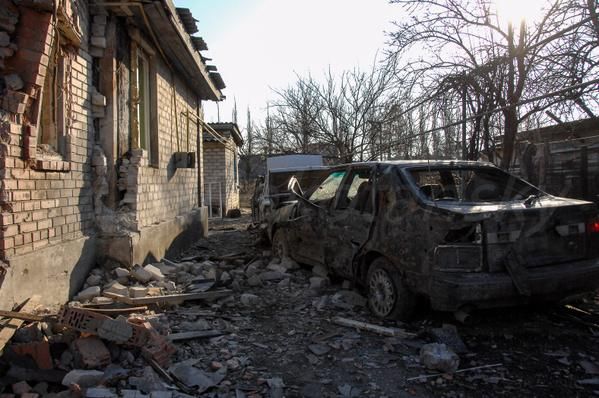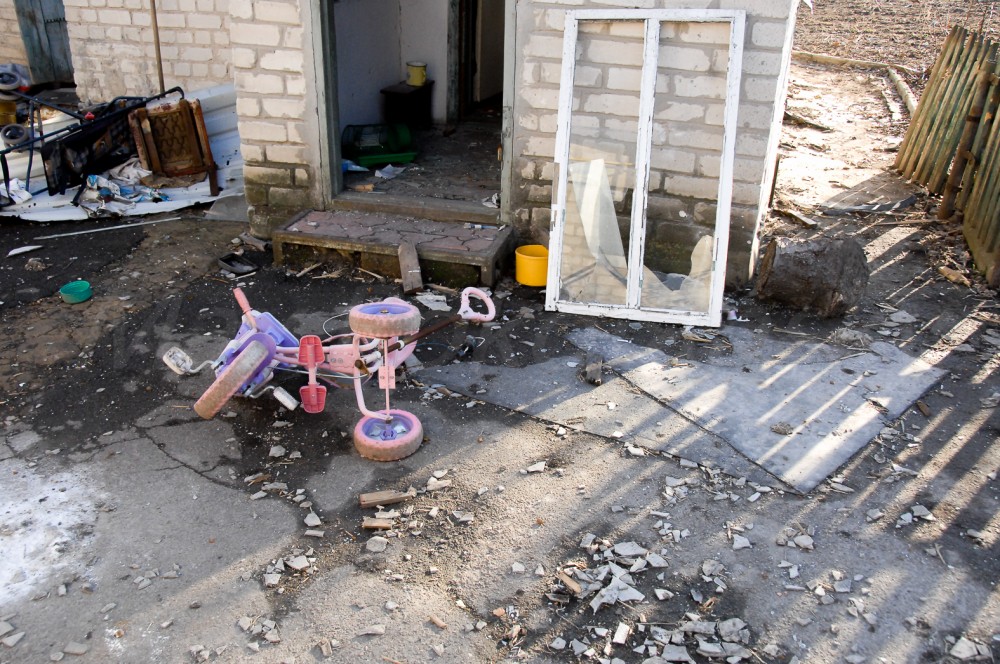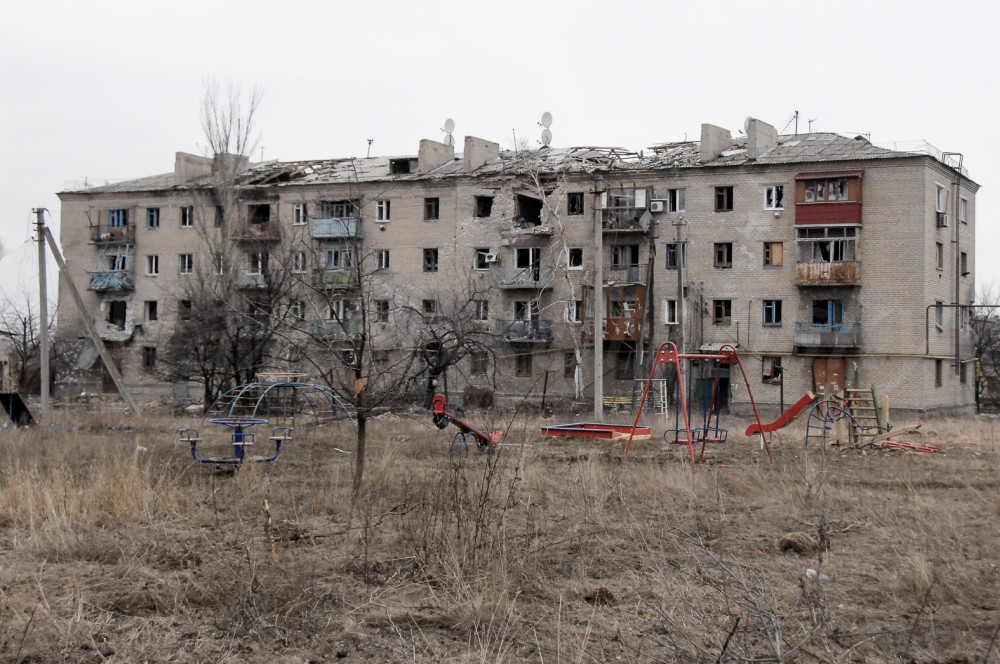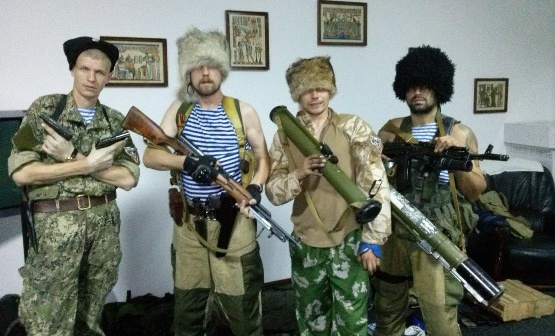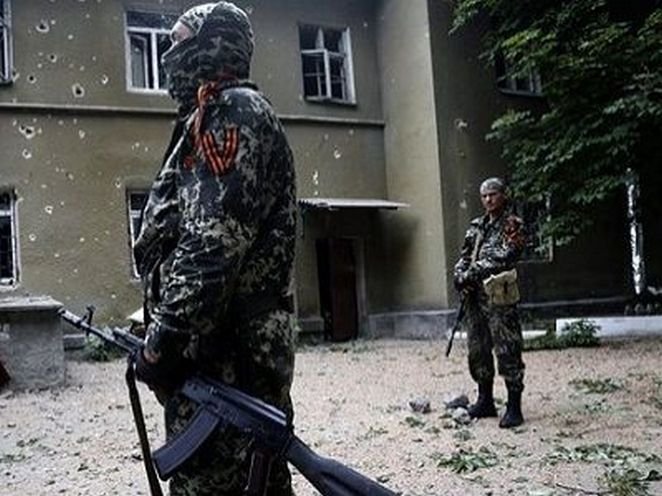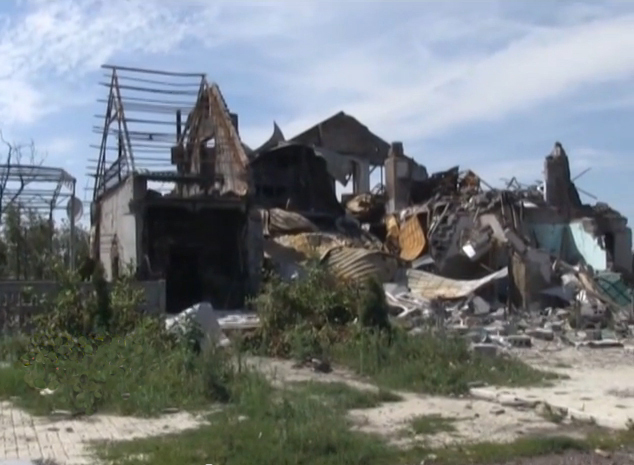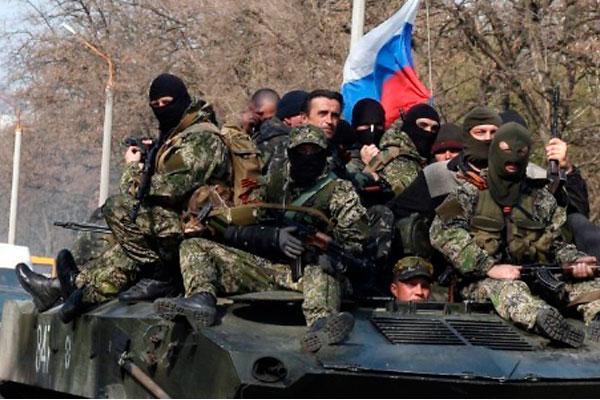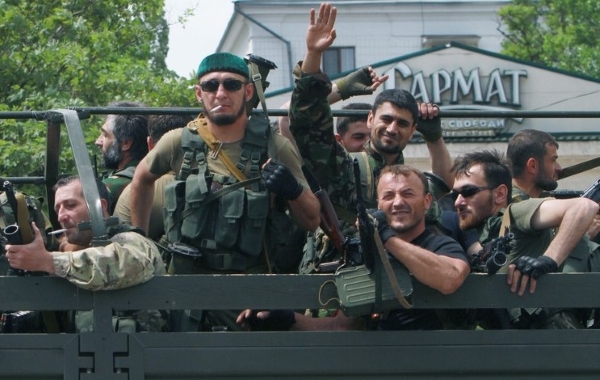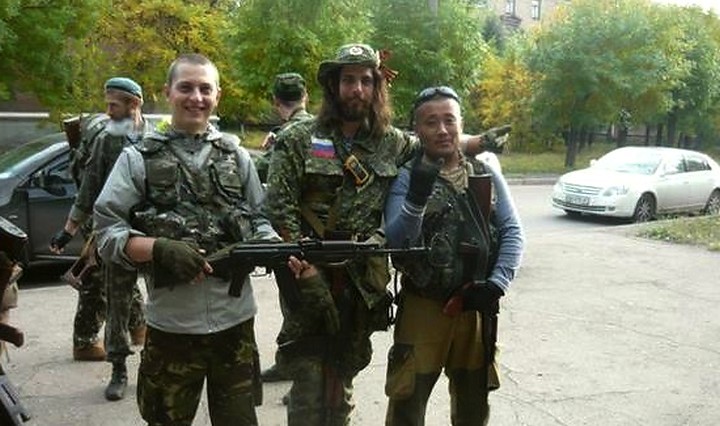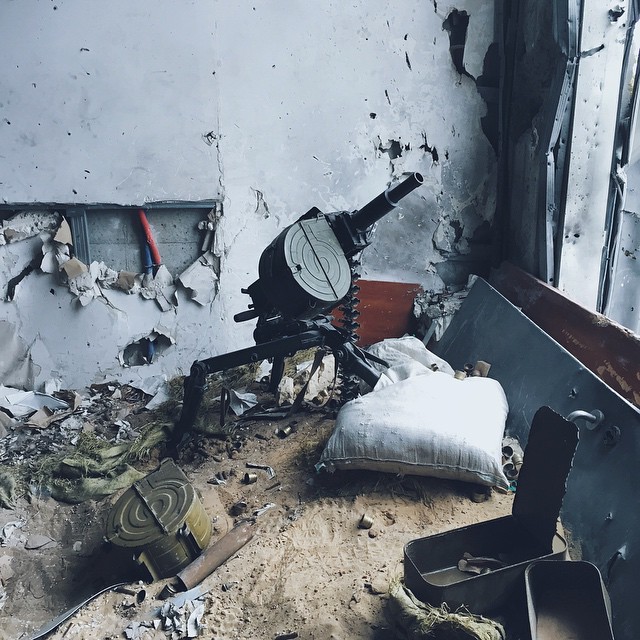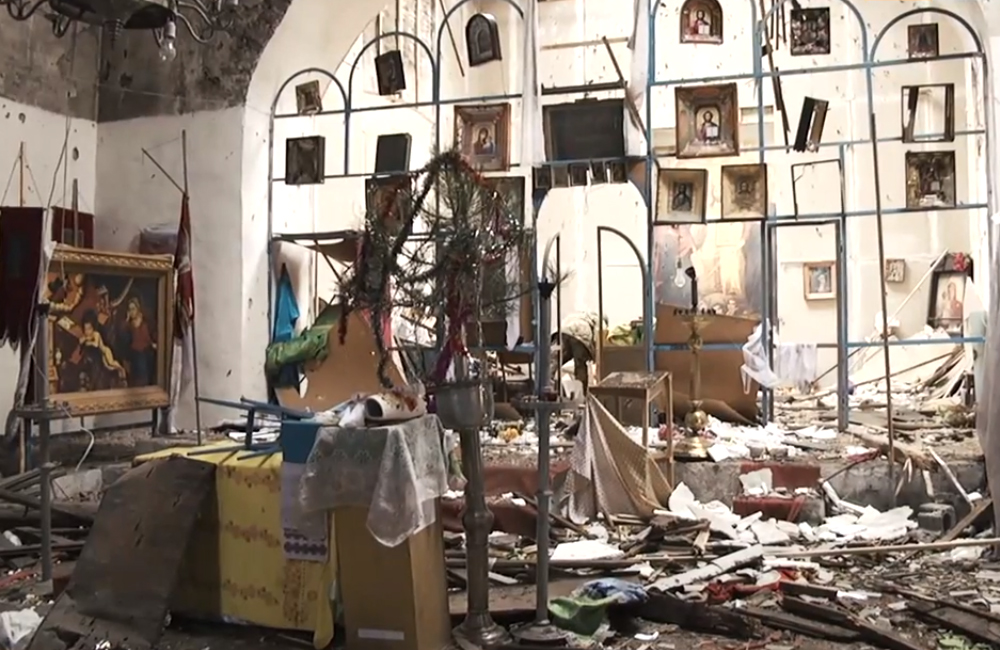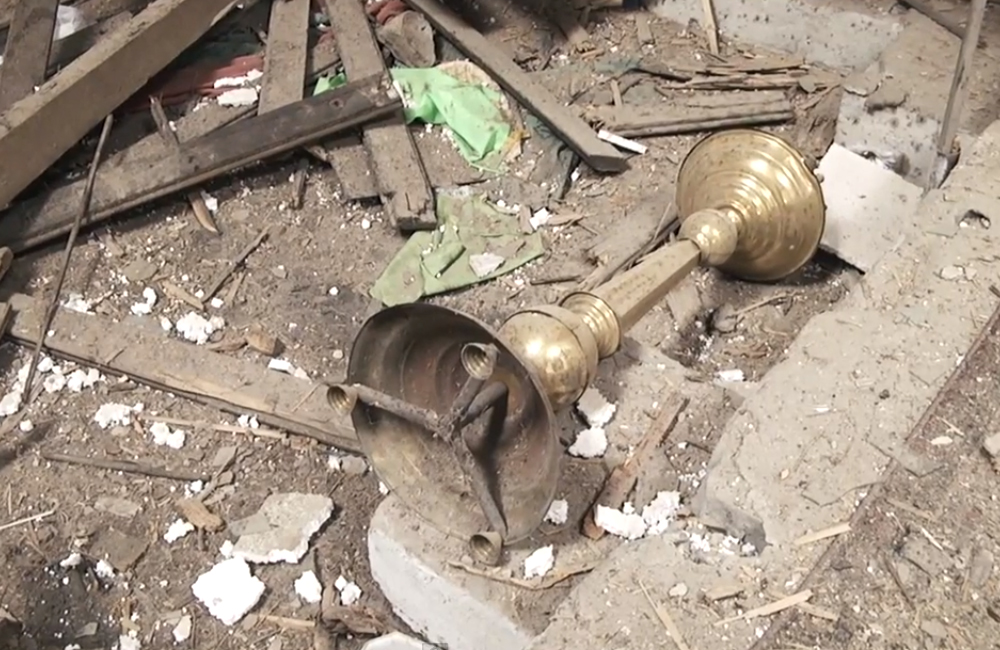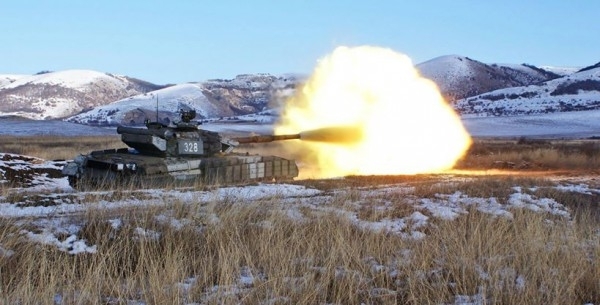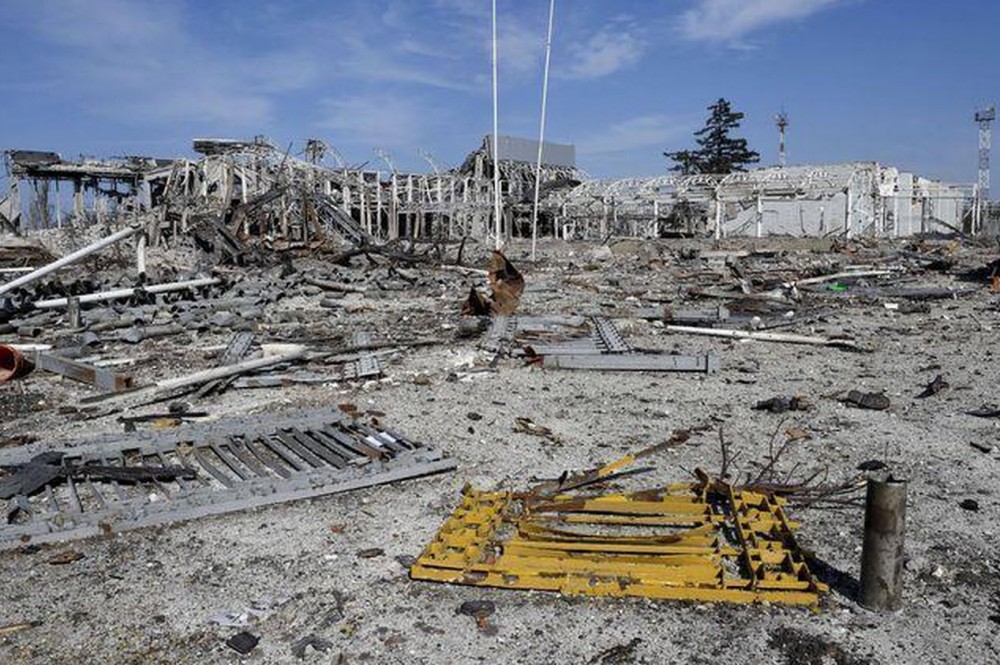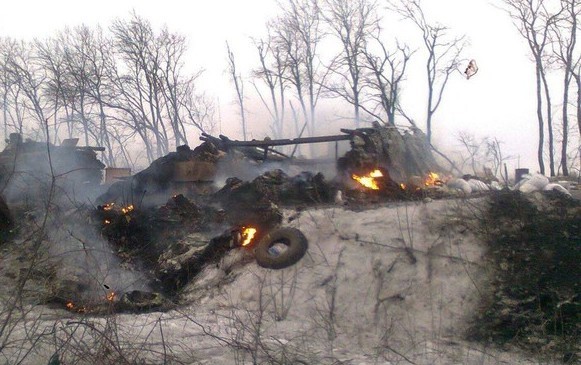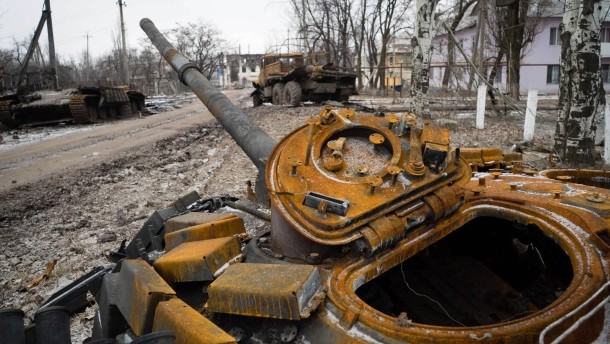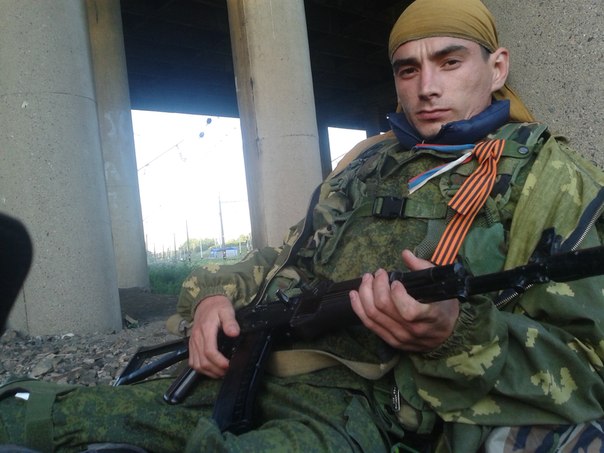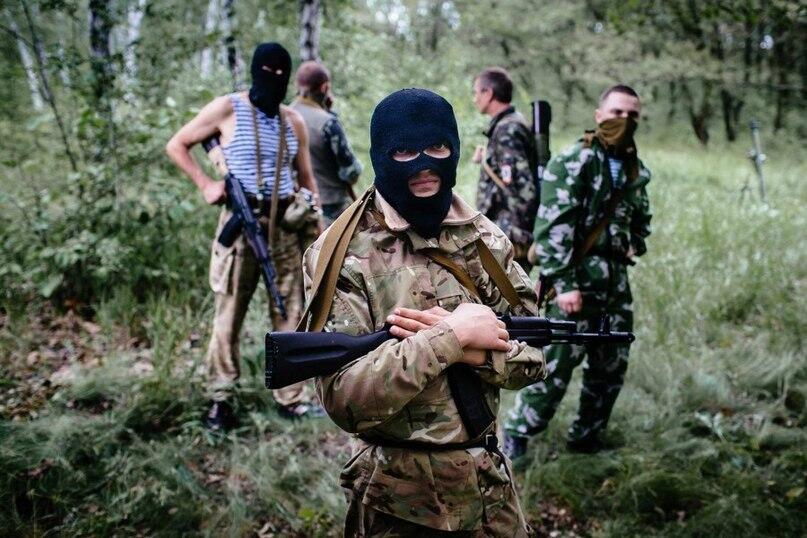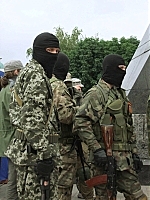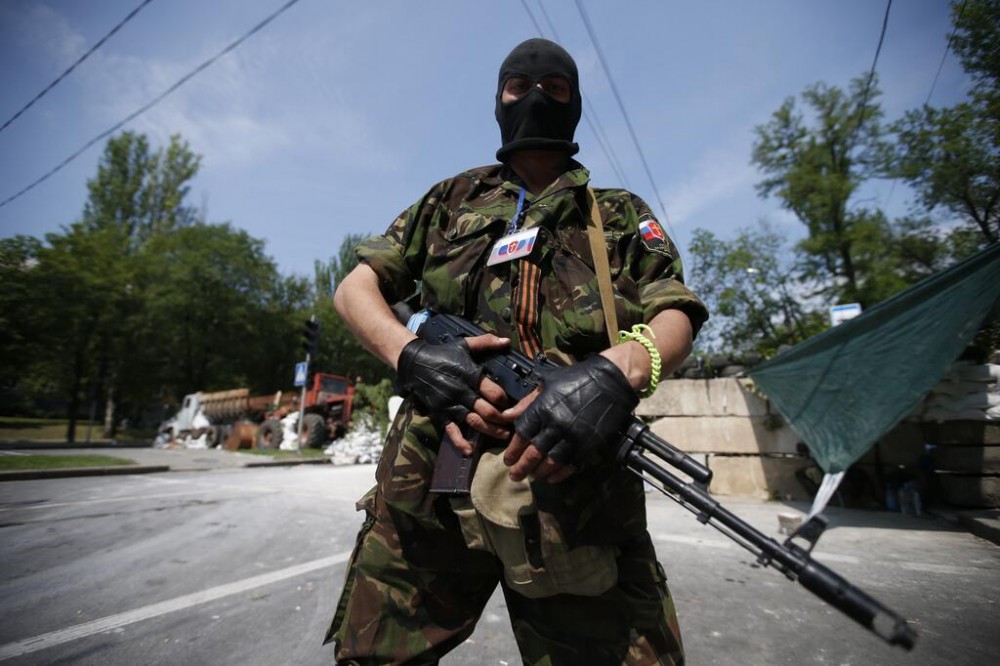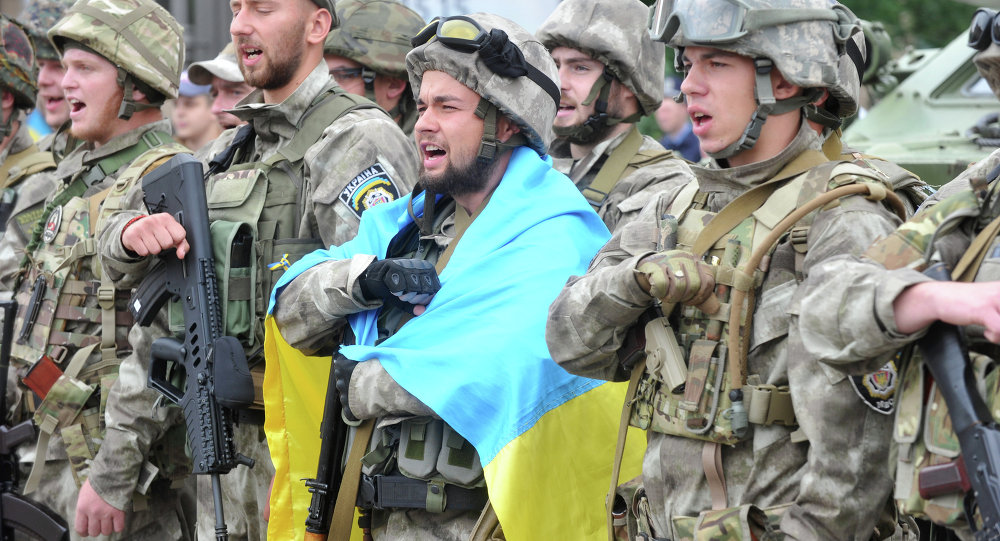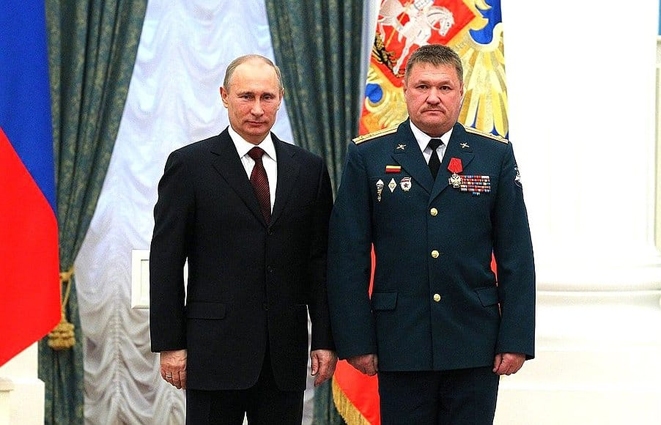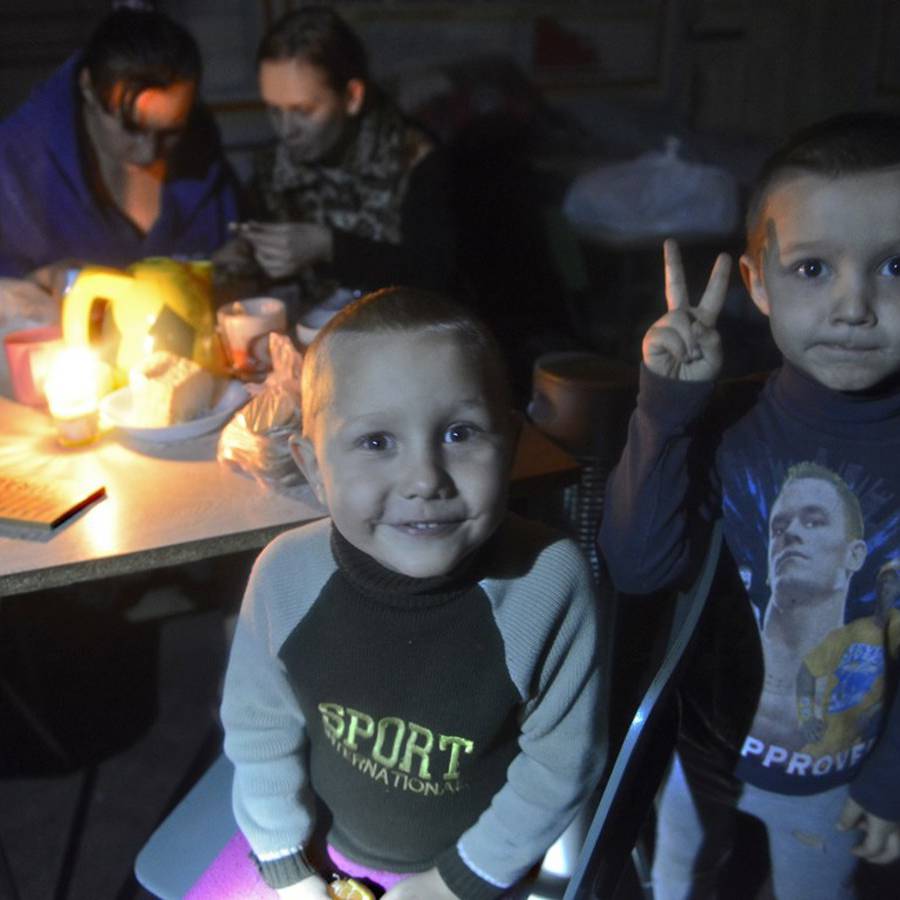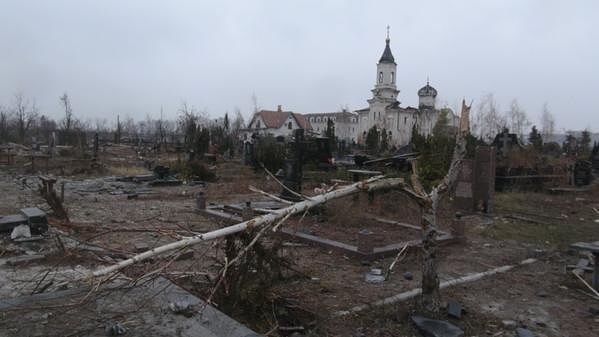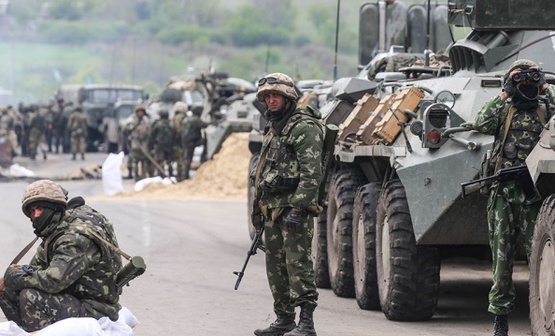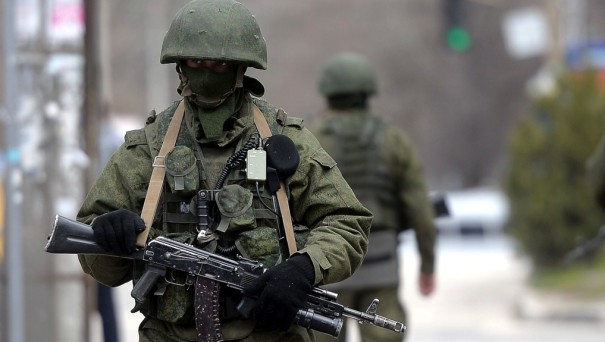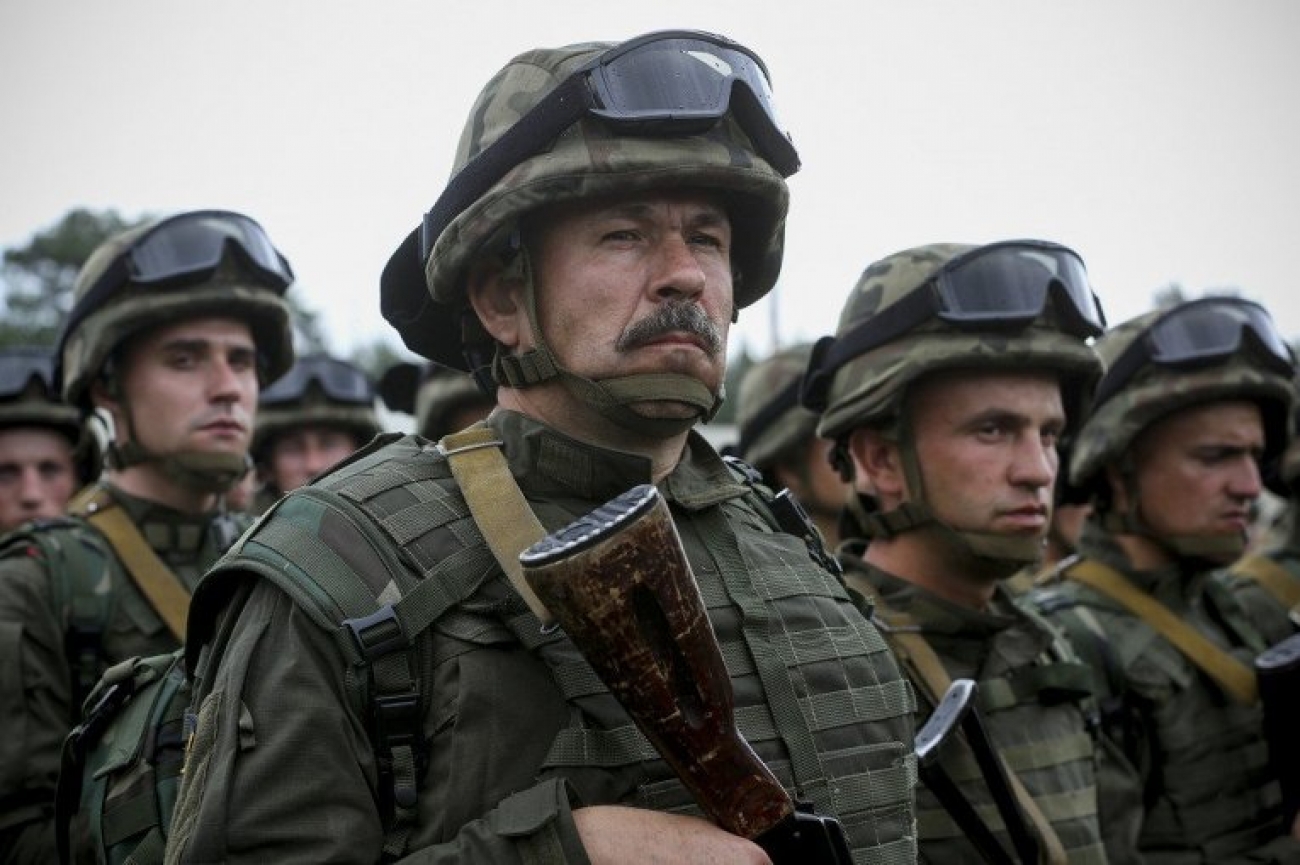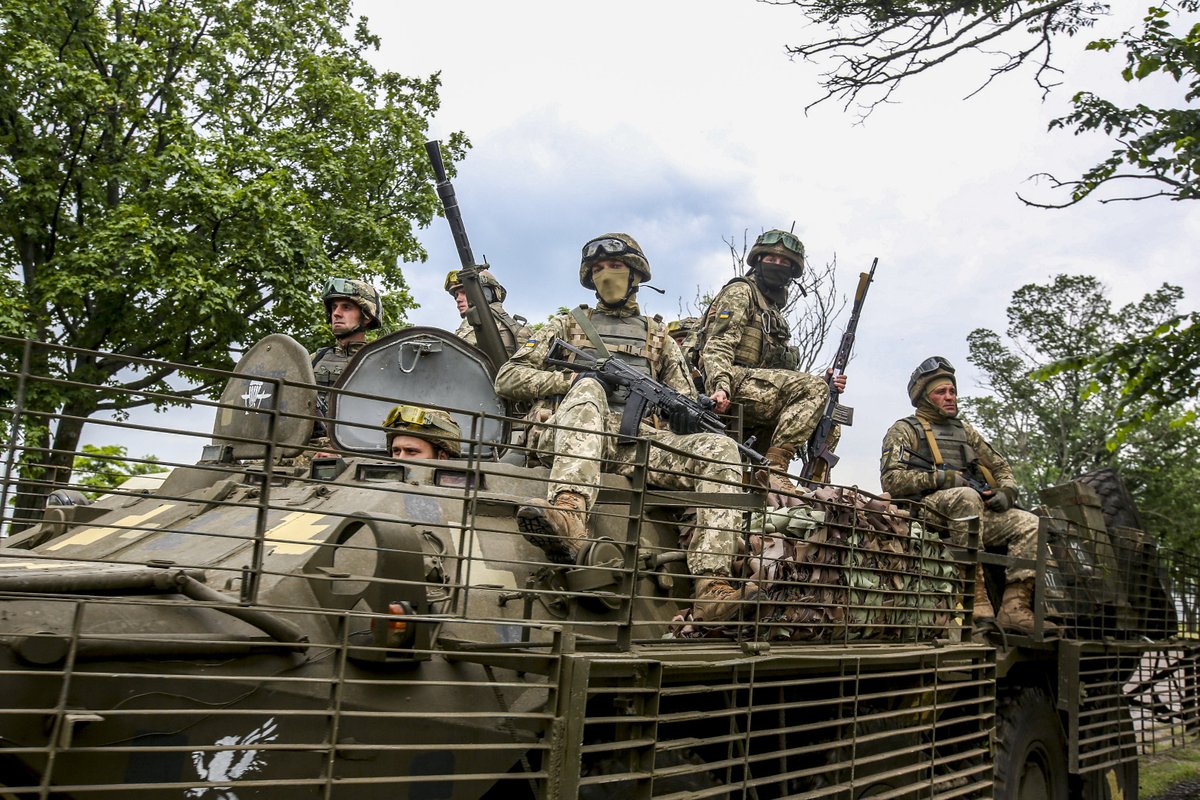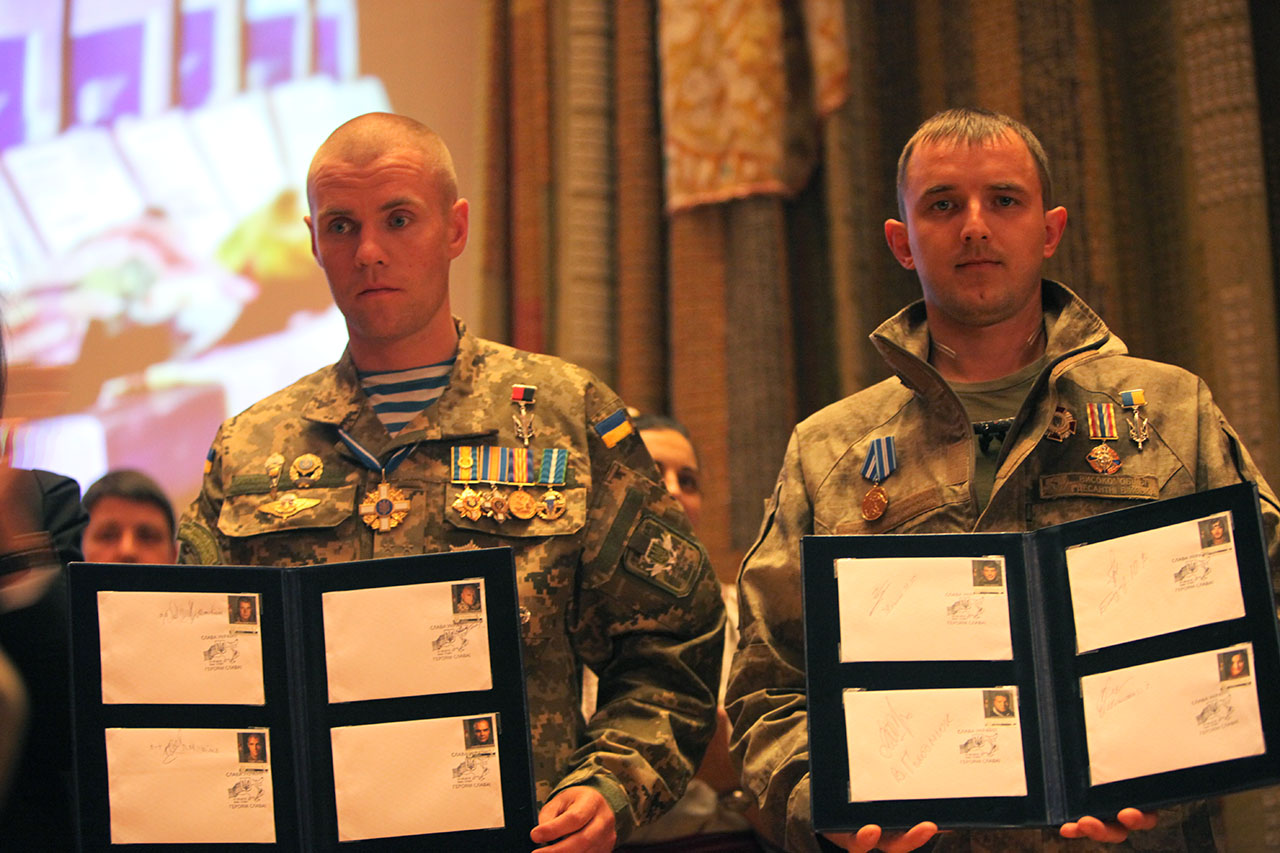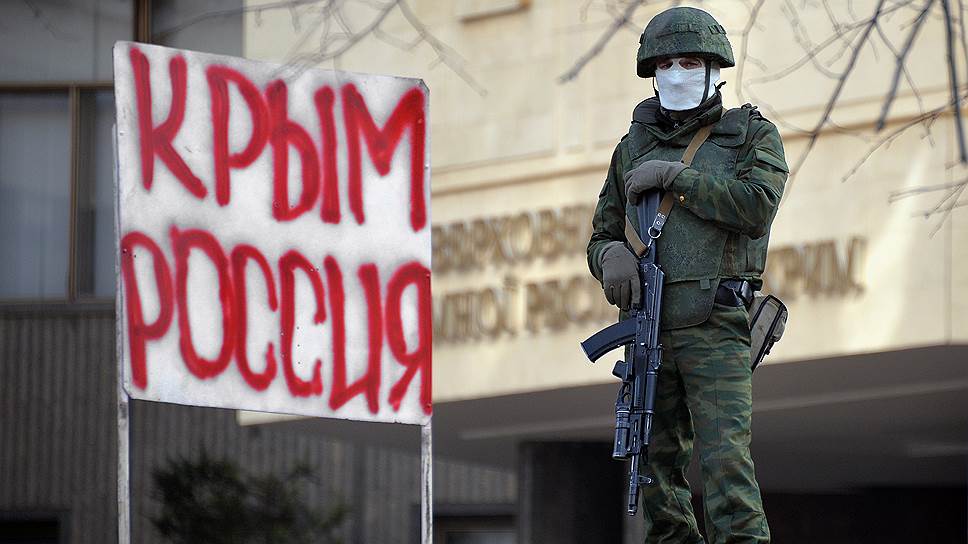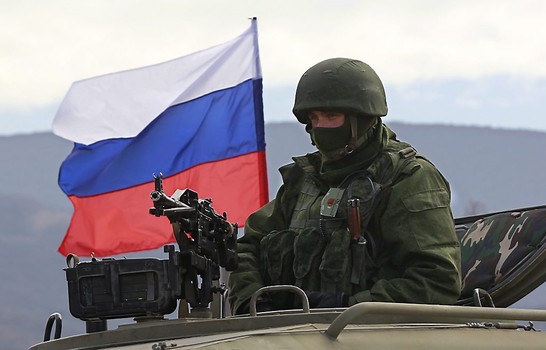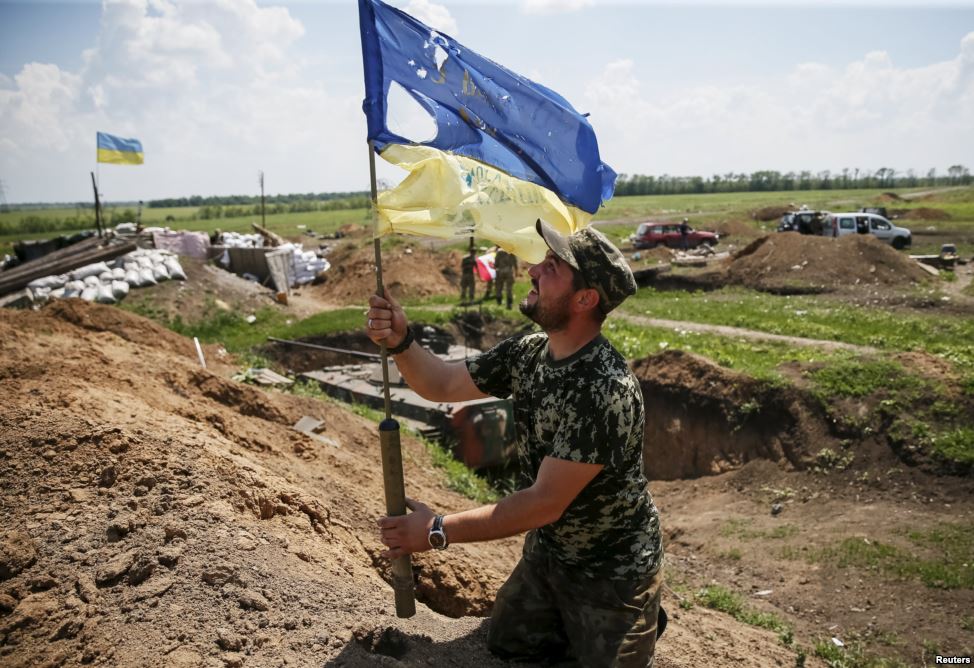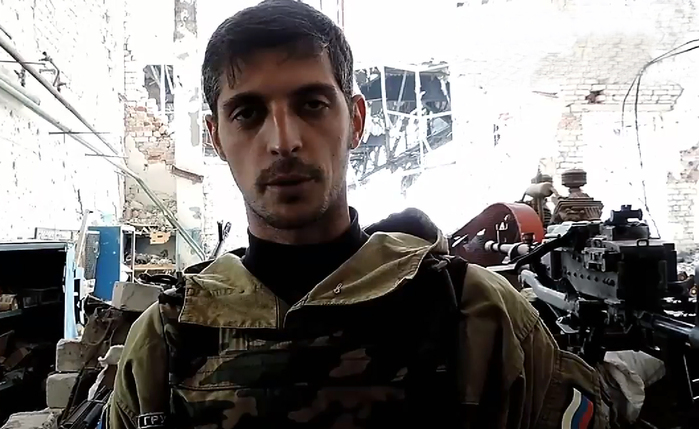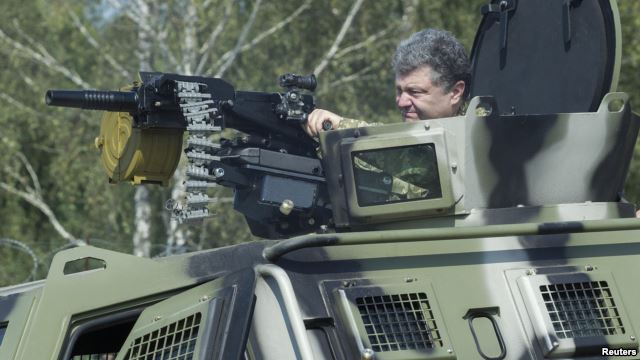It is a measure of the triumph of Kremlin propagandists, the fecklessness of Western leaders and the fears in Kyiv of angering both that, more than two years Russian forces invaded Ukraine, a Ukrainian commentator has been forced again to state the obvious: a state of war exists between Russia and Ukraine.
The Ukrainian media has been having a field day with a speech by Mikhail Aleksandrov, an MGIMO researcher, who said at a meeting of the Russian Institute for Strategic and International Studies that Moscow should attack Ukraine with missiles and transform Ukraine into “a new Syria.” (For his speech, see here.)

Now, Ukrainian commentator Vitaly Portnikov has offered a commentary on what that speech means, what it doesn’t, and why Ukrainians view it as an indication of Moscow’s real intentions toward their country.
Ukrainians read it this way because they can see what Moscow is doing despite all Moscow’s declarations that “’we aren’t there,’ that there is a civil conflict [between the Ukrainian authorities and the Donbas] and that to punish Russia which seeks exclusively for stabilization of the situation in a neighboring country is the most obvious cynicism of the West.”
Aleksandrov’s words do not permit an alternative interpretation as to what he would like to see happen in Ukraine: the bombing of Ukrainian cities, rocket attacks, and the advance of “’the Donbas Army’” throughout the country, “cleansing the occupied territory and establishing order.”
Portnikov writes:
Were that to happen, then next door to Russia would be a pile of ashes, he says, as anyone can conclude having glanced at pictures of Aleppo now or Grozny a decade or two ago.
Of course, Aleksandrov’s speech is not necessarily an indication what Vladimir Putin will do. The Kremlin leader “is carrying out against Ukraine ‘a hybrid war,’ occupying territory with the help of local collaborationists, imitating civic conflict, and using force to destabilize a neighboring country to prevent it from carrying out an independent policy.”
“This too is a horrific war,” the commentator writes. “It has already cost Ukrainians and Russians thousands of lives. And it is the worst conflict “between the two peoples” involved “since the times of clashes between the Grand Duchy of Lithuania and the satellites of the Mongol Golden Horde.”
But “this is not a war for Aleppo. What is taking place in Syria is a hundred times worse and more ruthless. ‘Hybrid war’ and outright genocide are different kinds of wars.” However, they are both wars and it is important that they both be recognized as such, because even if Putin never listens to Aleksandrov, there is “a state of war” now between Russia and Ukraine.
Ukrainians understand this. They view Russia “as an aggressor which at any moment can violate the peaceful course of their lives. And yes, by bombing Ukrainian cities Kharkiv, Odesa or Kyiv, if that is required.
For many Ukrainians, all Aleksandrov has done is to pronounce the words which they have feared since the moment Putin’s “’polite little green men’” appeared in Crimea, words that for them mean “horribly and simply: We will destroy and enslave you. You will work for us,” words that are more understandable and “honest” than all the blather about “’the Russian world.’”
Related:
- Russian pundit calls for Syria-style airstrikes against Ukraine
- Western defeatism vis-a-vis Russia just as unjustified now as it was in 1979
- Putin’s Syrian campaign a truly ‘Orwellian one,’ Kalashnikov says
- UN officially recognized Russia as an occupying power in Crimea
- Disentangling the ‘fraternal’ Russian and Ukrainian peoples in 1991 and now
- What Putin is doing in Aleppo is what he could have done in Kyiv or Lviv




